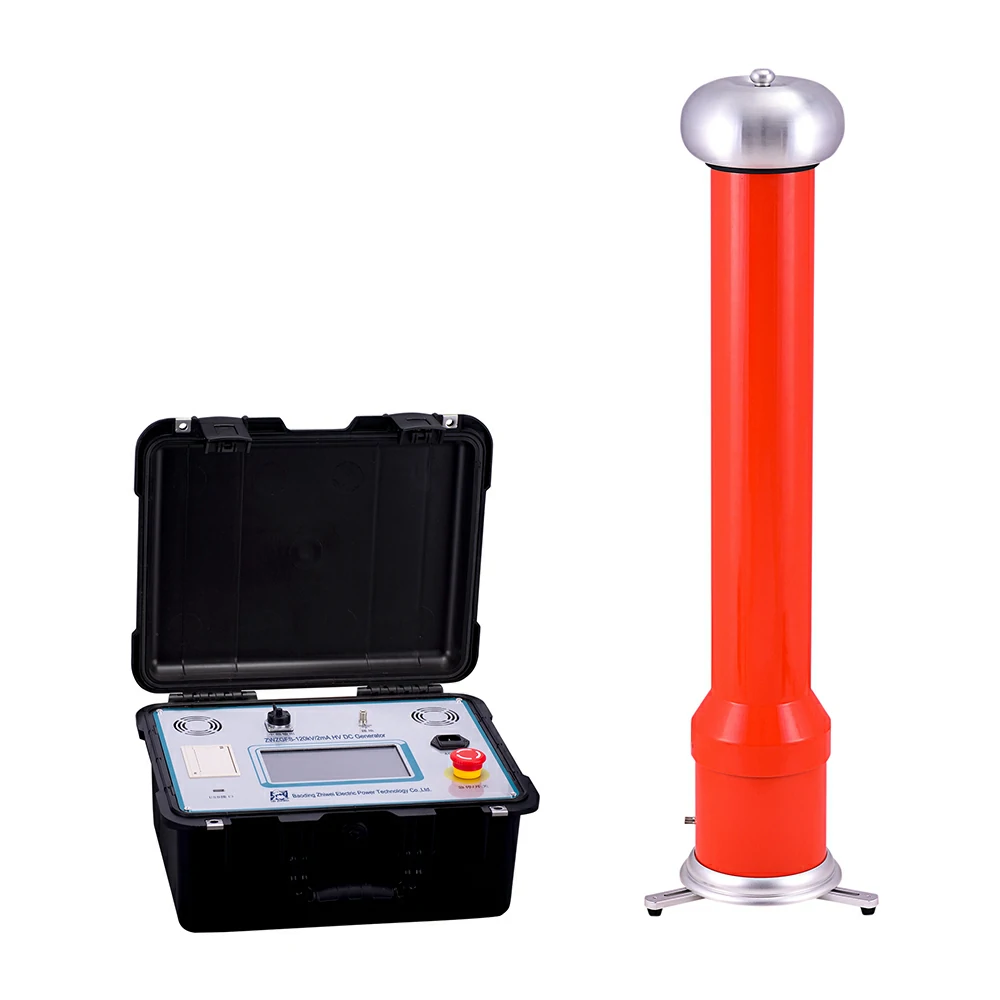The efficiency of an AC/DC tester can vary with different load factors due to various factors inherent in the design and operation of the tester.
Here’s how efficiency may be influenced by load factors:
- Load Current Variation: AC/DC testers typically operate within a range of load currents. As the load current varies, the efficiency of the tester may change. At lower load currents, the efficiency may decrease due to fixed losses such as core losses and copper losses in transformers and other components. At higher load currents, the efficiency may improve as a higher proportion of the input power is converted to useful output.
- Power Factor: The load power factor, which is the ratio of real power to apparent power, can affect the efficiency of the AC/DC tester. If the load has a low power factor, it can increase reactive power consumption and lead to higher losses in transformers and other components, reducing overall efficiency. Some testers may incorporate power factor correction to mitigate this effect and improve efficiency.
- Voltage Regulation: AC/DC testers often need to maintain stable output voltages under varying load conditions. ac dc tester The efficiency may be influenced by the voltage regulation capabilities of the tester. If the tester struggles to maintain stable output voltages, it may require higher input power to compensate for voltage drops, resulting in lower efficiency.
- Switching Losses: In AC/DC testers with switching power supplies or inverters, switching losses can vary with load factors. Higher load currents or rapid load changes may increase switching losses, reducing overall efficiency. Efficient control algorithms and high-quality power electronic components can help mitigate switching losses and improve efficiency across different load conditions.
- Cooling Requirements: The cooling system of the AC/DC tester plays a crucial role in maintaining optimal operating temperatures, especially under high load conditions. Higher load factors may increase the heat generated by power electronics and other components, requiring more energy for cooling. If the cooling system is inadequate, it can reduce overall efficiency due to increased losses and thermal stress on components.
- Operating Mode: The efficiency of an AC/DC tester may vary depending on its operating mode (e.g., constant voltage, constant current, or variable output). Different operating modes may have different efficiency characteristics under varying load factors. Testers that can dynamically adjust operating parameters based on load conditions may achieve higher overall efficiency.
In summary, the efficiency of an AC/DC tester can vary with different load factors due to factors such as load current variation, power factor, voltage regulation, switching losses, cooling requirements, and operating mode. Manufacturers often specify efficiency curves or performance characteristics under typical load conditions to help users understand how the tester will perform in different scenarios.
